Signing off
“The Strong Towns voice needs to be heard by elected and appointed officials across the US. ”
“Strong Towns is doing some of the most important work in this country.”
“Strong Towns is a simple concept with a never-ending depth behind it.”
Thank you to everyone who became a member this week. We can't do this without you.
See you back here on Monday when we resume our regular schedule.
Christine Corrado is a city councilmember and founder of Brighton Safe Streets for All. She and Norm discuss how she’s making the her community safer and more prosperous.
We could save lives for far less than $58 million, but only if safety were the true priority.
Portland’s regional government is giving communities the data and tools they need to make streets safer.
Since California's new daylighting law was implemented, unsuspecting drivers have accumulated over $700,000 in fines. Local advocates are stepping up to change that.
Professor Jack Duncan is a professor of architecture and preservation at the College of Charleston. He explores how architecture, urbanism, and craftsmanship work together to make beautiful and resilient places.
Late last month, a car smashed through a front porch along Park Avenue in Minneapolis — again. It’s time for the county to stop waiting and start acting.
Places are not static; they are dynamic. And sometimes, “for-awhile” uses can be the bridge that gets us from stagnation to vibrancy.
Today, Chuck and Abby explore how mortgage fraud distorts the housing market — and why no one in the financial system is interested in stopping it.
Here’s how Lafayette, Louisiana, went from a dying downtown to #6 in the country for outdoor dining.
Gioia Calabretta is a Local Conversation leader and Strong Towns staff member. She and Norm discuss a walk audit she recently participated in.
James Anderson leads the Government Innovation program at Bloomberg Philanthropies. Today, he explains how to help cities embrace an innovative, people-based approach to local governance.
When cities attempt to prescribe the exact way a building must be used, they risk regulating away the very life of a place.
What the Finance Decoder revealed about Fayetteville, Springdale, and Siloam Springs—through the eyes of a local Strong Towns member.
Will Gardner is the founder of South Coast Places For People, a new nonprofit in Massachusetts. He discusses the three working groups his nonprofit recently started, which focus on parking reform, backyard cottages, and street safety.
The city of Artesia, California, has been struggling with a speeding problem. Instead of just blaming drivers, city staff teamed up with local advocates to address the root problem: the street design.
Abby and guest John Pattison dive into the benefits and drawbacks of "sponge cities," cities that incorporate natural features like wetlands into their stormwater management infrastructure.
Jess and Dan Sollaccio are city commissioners and a small-scale developers from Warrenton, Oregon. They explain their asset-based mindset for strengthening their community, as well as their efforts to turn a vacant building into a community hub.
In Baxter, “fighting congestion” is the sales pitch, but corporate subsidy is the goal.
A 66% decrease in crashes wasn’t enough to protect these traffic diverters, but the unified efforts of local advocacy groups and city officials might be.
Memphis was ranked the #1 most dangerous metro in 2024. That’s not stopping Kelsey Huse, an advocate and grad student. She shares the inside scoop on Memphis’ dangerous design and how she’s working to change it.
When our infrastructure makes normal childhood behavior life-threatening, allowing kids to do typical childhood activities becomes reckless endangerment.
Slow permitting, shifting utility requirements, and inconsistent rules threaten the small-scale development that cities rely on. Here’s one developer’s story.

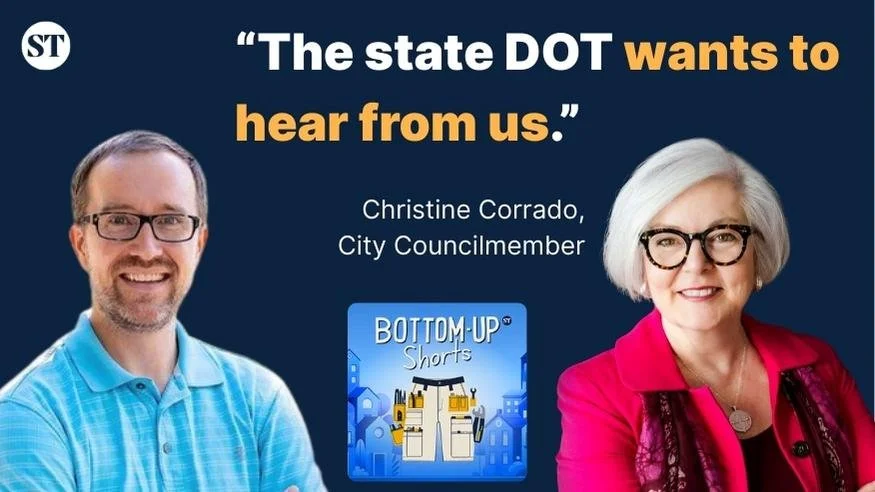
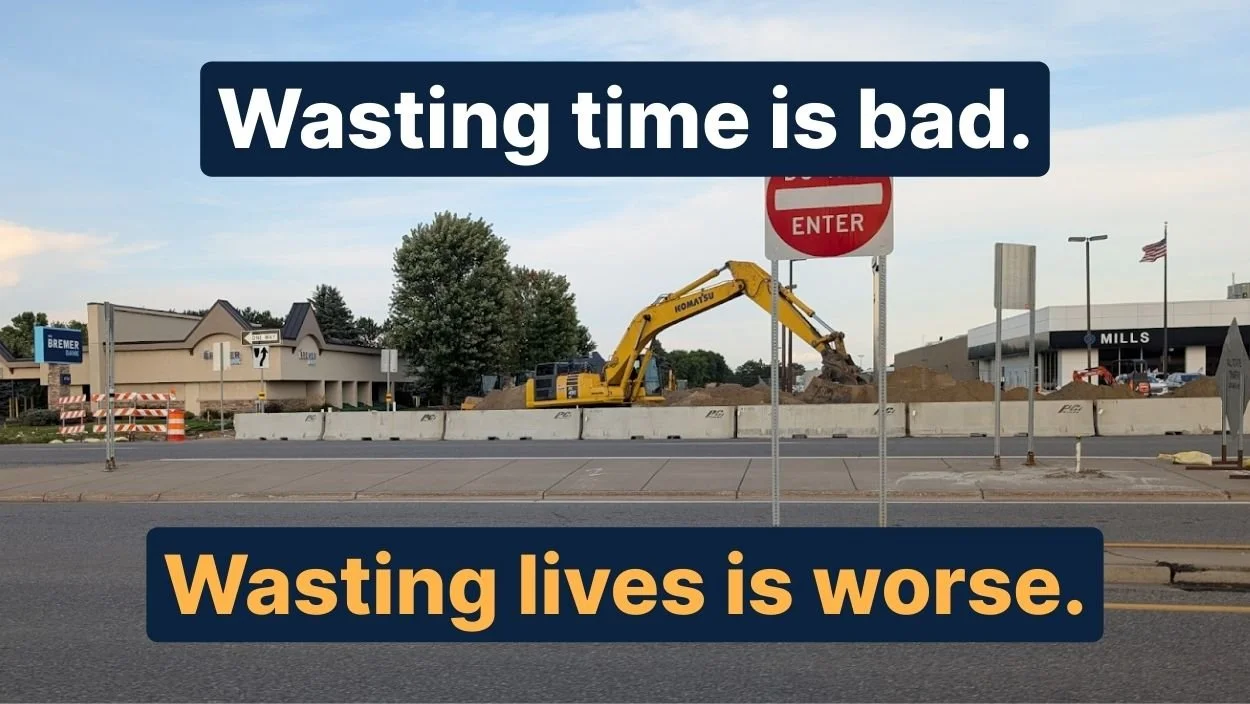

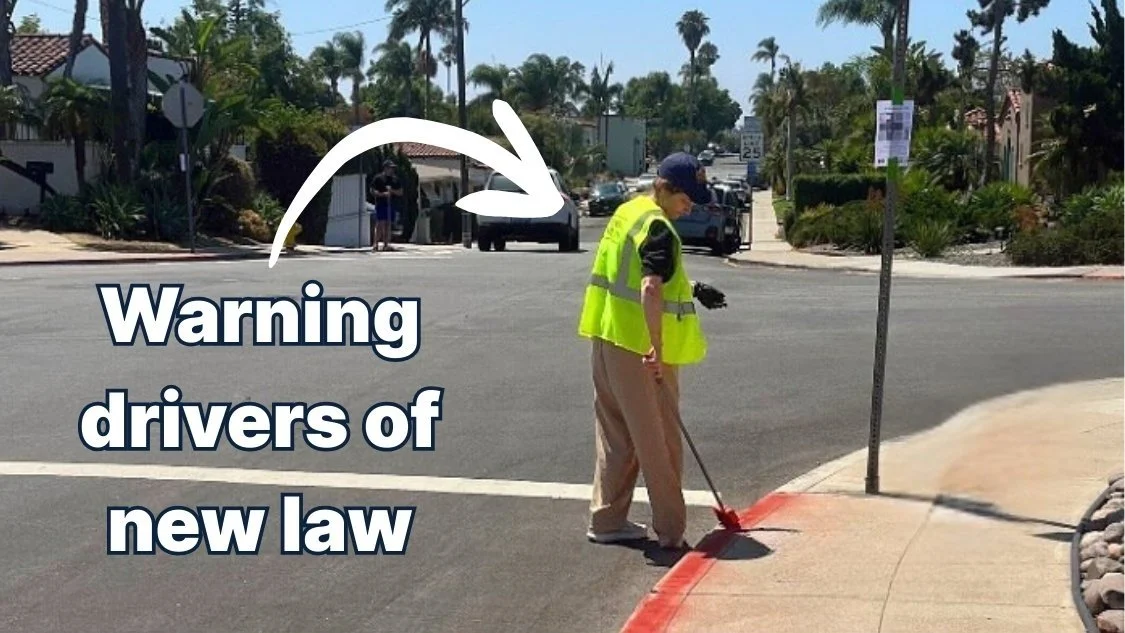






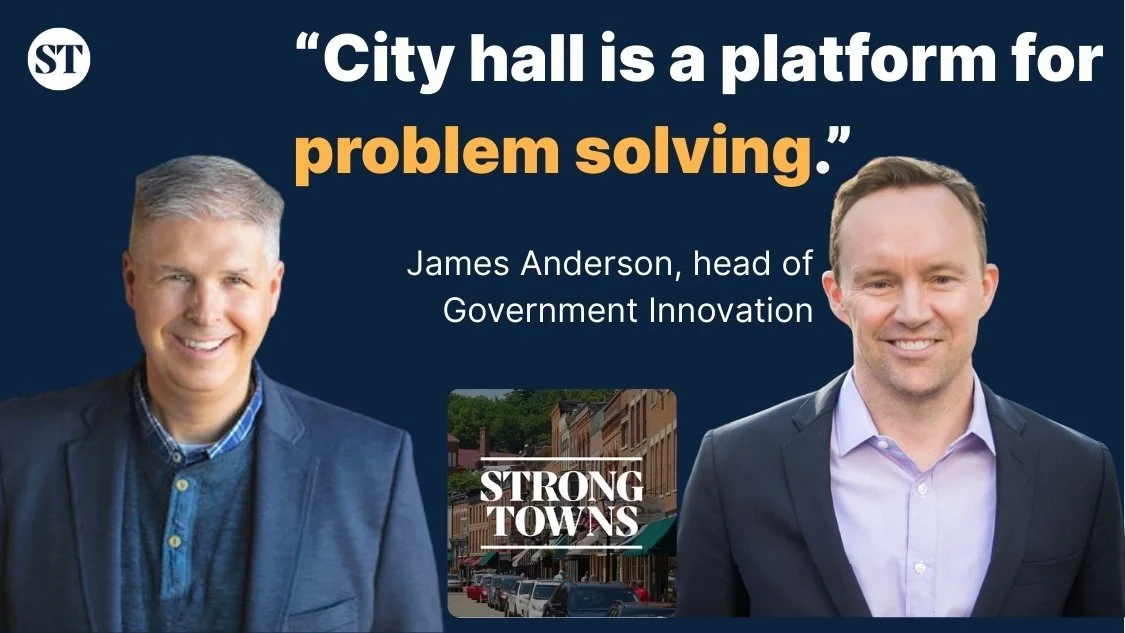


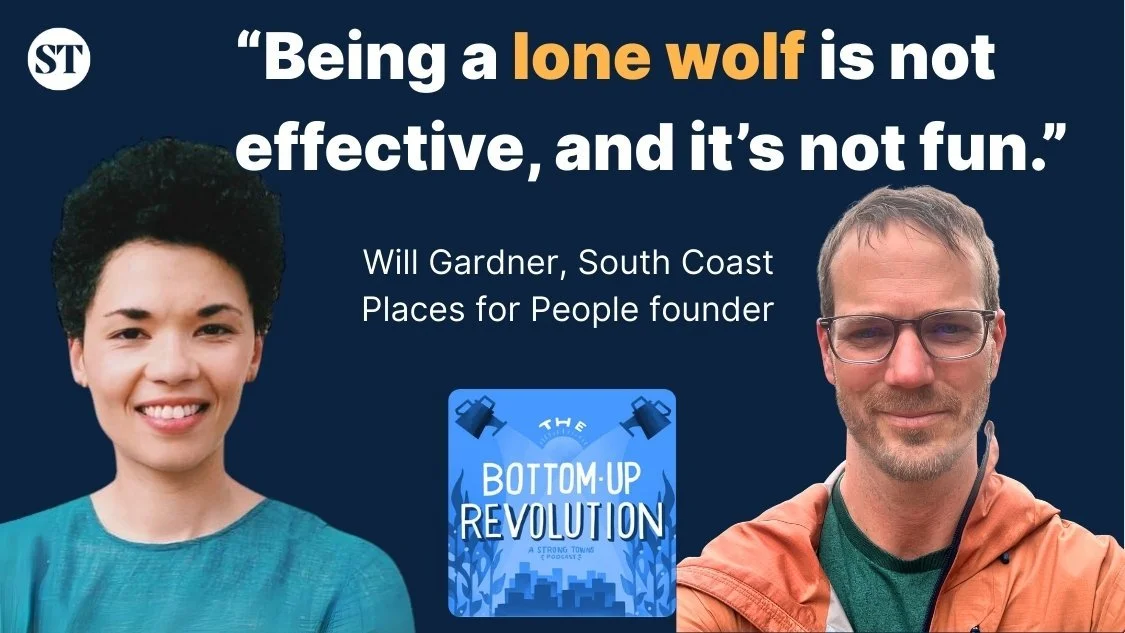



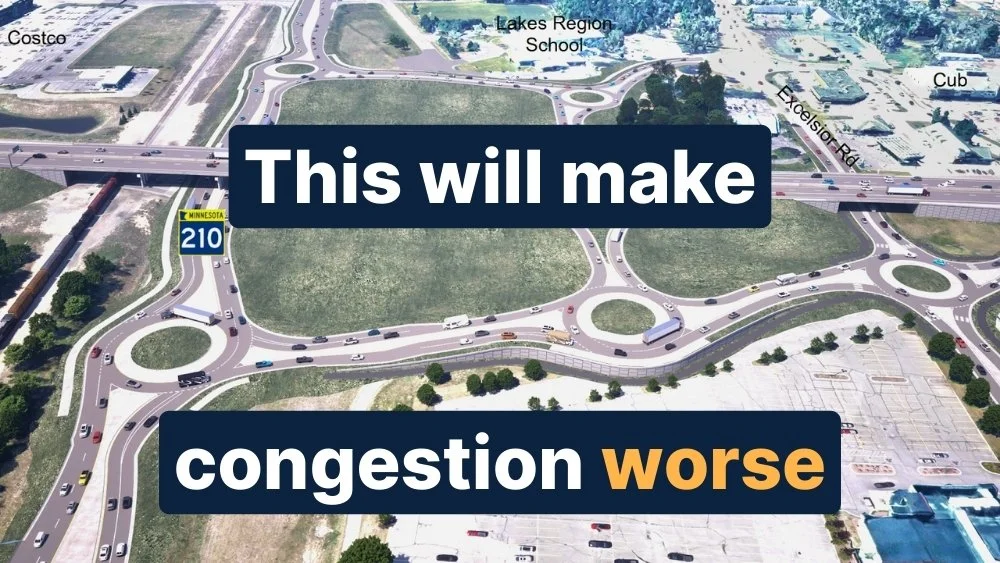



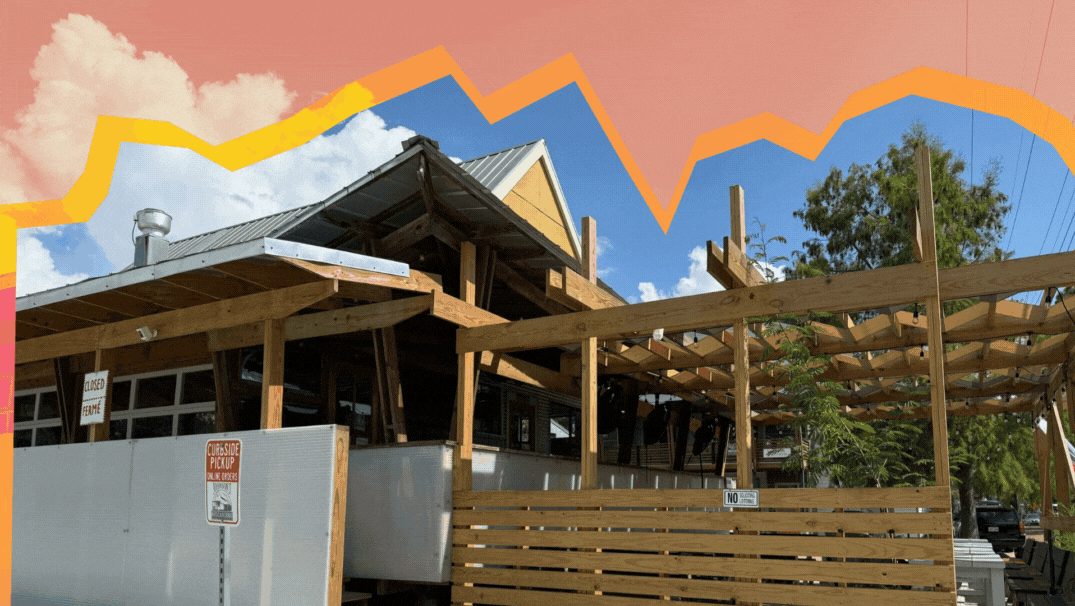
You probably wouldn’t be able to tell these two buildings apart, yet their economic performance couldn’t be more different. A deep dive by geospatial firm Urban3 shows why that’s the case.